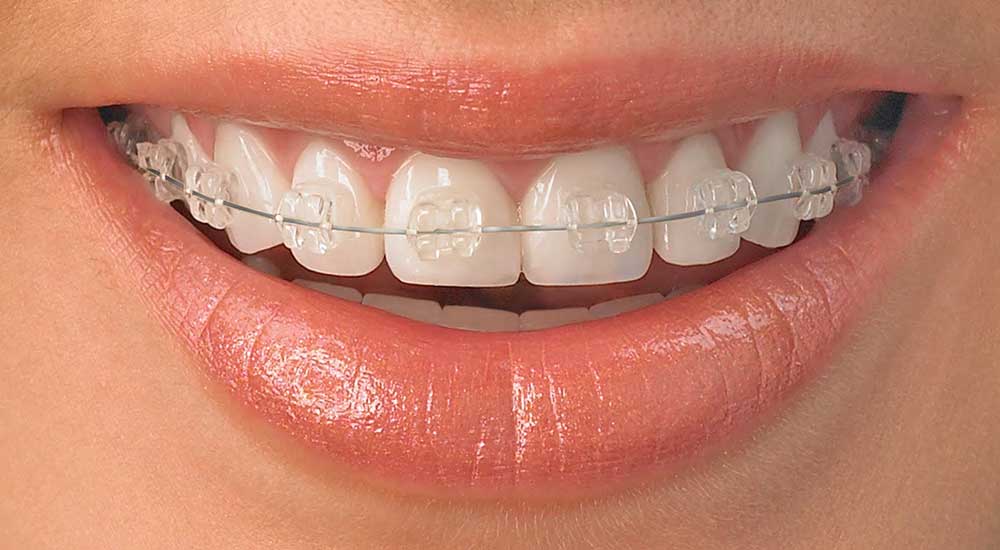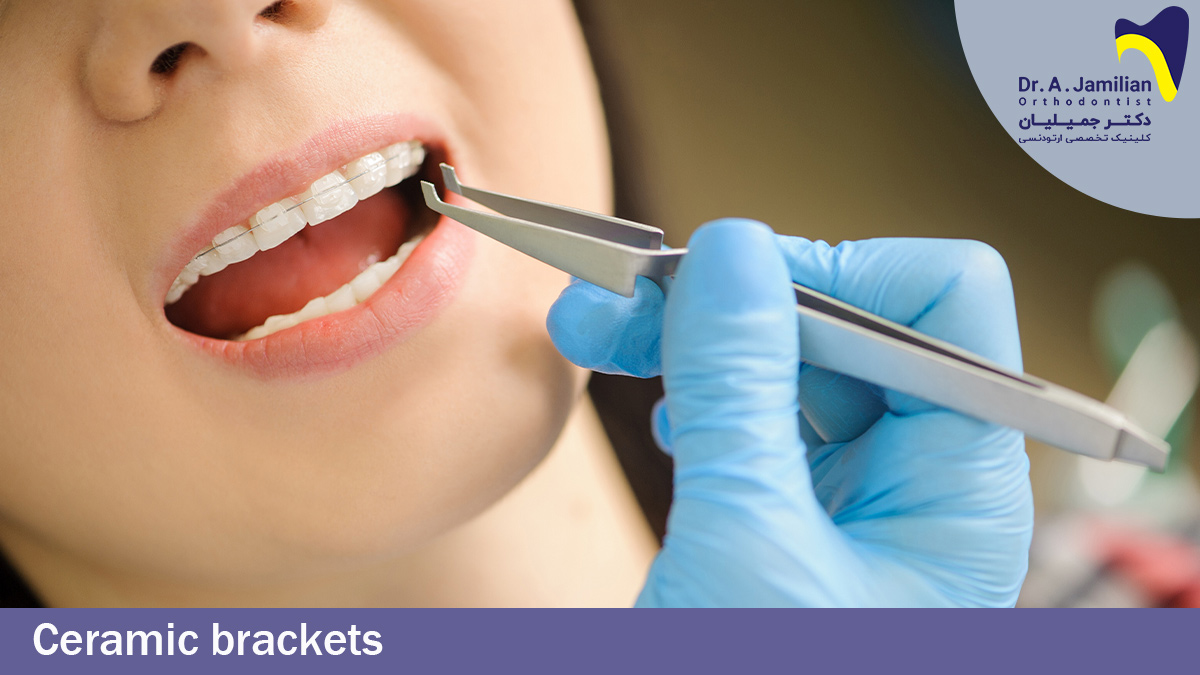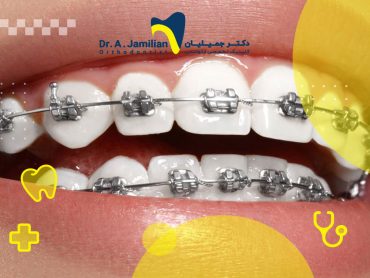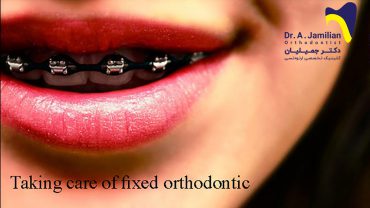For many people, despite the widespread use of metal brackets in orthodontics and teeth alignment, they are unpleasant for many people, and those with specific jobs. This is often due to the unpleasant appearance of the teeth. To this end, tooth-colored ceramic brackets are made with the same function of metal brackets.
What is ceramic orthodontics?
Ceramic orthodontics is a relatively new treatment method that is identical to metal orthodontics with the difference that wires and orthodontic appliances aren’t made of metal, but made of tooth-colored ceramic. Ceramic orthodontics is often used for adults because they often do not like metal brackets as they attract attention. Ceramic orthodontics has solved this problem due to its white color and having the same color as how natural teeth have.
Introducing ceramic brackets
Ceramic brackets are made of composite materials and ceramic alloys. The composite materials used are similar to those used to fill the teeth. These tooth-colored brackets are not visible even with a distance of 1 m.

Advantages of ceramic brackets
As the main advantage of ceramic brackets, they are tooth-colored and invisible and thus, can be very useful for people with misaligned teeth who need orthodontic treatment and don’t want to have an unpleasant appearance.
Disadvantages of ceramic brackets
Ceramic orthodontic brackets are more susceptible and easier to break due to fragile composite materials. These brackets are also larger than metallic ones, and are slightly sharper and thinner. Patients commonly get irritated, but they will get used to it after a few days.
The length of treatment with ceramic brackets is slightly longer than that with the metal brackets. The orthodontist should apply less force during treatment to reduce the risk of breaking the ceramics. Since the ceramic brackets are stiffer than enamel, the teeth may be abraded in contact with this type of brackets.
White or translucent elastic bands used in ceramic orthodontics may be discolored over time, mainly due to overdrinking tea or coffee. The elastic bands are replaced once a month by the orthodontist.
As another disadvantage of ceramic brackets, their detachment from the teeth is much harder and more difficult than metal brackets. This is because the ceramic brackets are more similar to the enamel and thus, have a stronger bonding force. The cost of ceramic orthodontics is relatively higher than that of conventional orthodontics, as more time and force are spent by the orthodontist for this type of brackets.
Ceramic brackets FAQs
Ceramic brackets are the best choice if you want your brackets to be subtle, elegant and low-key. They are often tooth-colored, white or clear. They are relatively less noticeable and usually invisible.
Ceramic brackets take about 18 months to 30 months to straighten your teeth, in comparison to less time required for metal brackets. If ceramic brackets come into contact with the opposite tooth, it could wear off that tooth whereas, this is less probable with metal brackets.
Ceramic brackets are much less durable than metal brackets because metal is sturdier than ceramic. Ceramic brackets are more likely to break than metal brackets.
Here are some important tips to maintain the color of our white brackets: brush immediately after every meal, avoid foods and drinks that contain little pigments and leave discoloration, don’t smoke. Smoking can leave yellowish stains on your teeth and all components of your brackets. Finally, see your orthodontist regularly.
Ceramic brackets are less visible and more elegant than metal brackets. So, ceramic brackets are more popular among adults.







